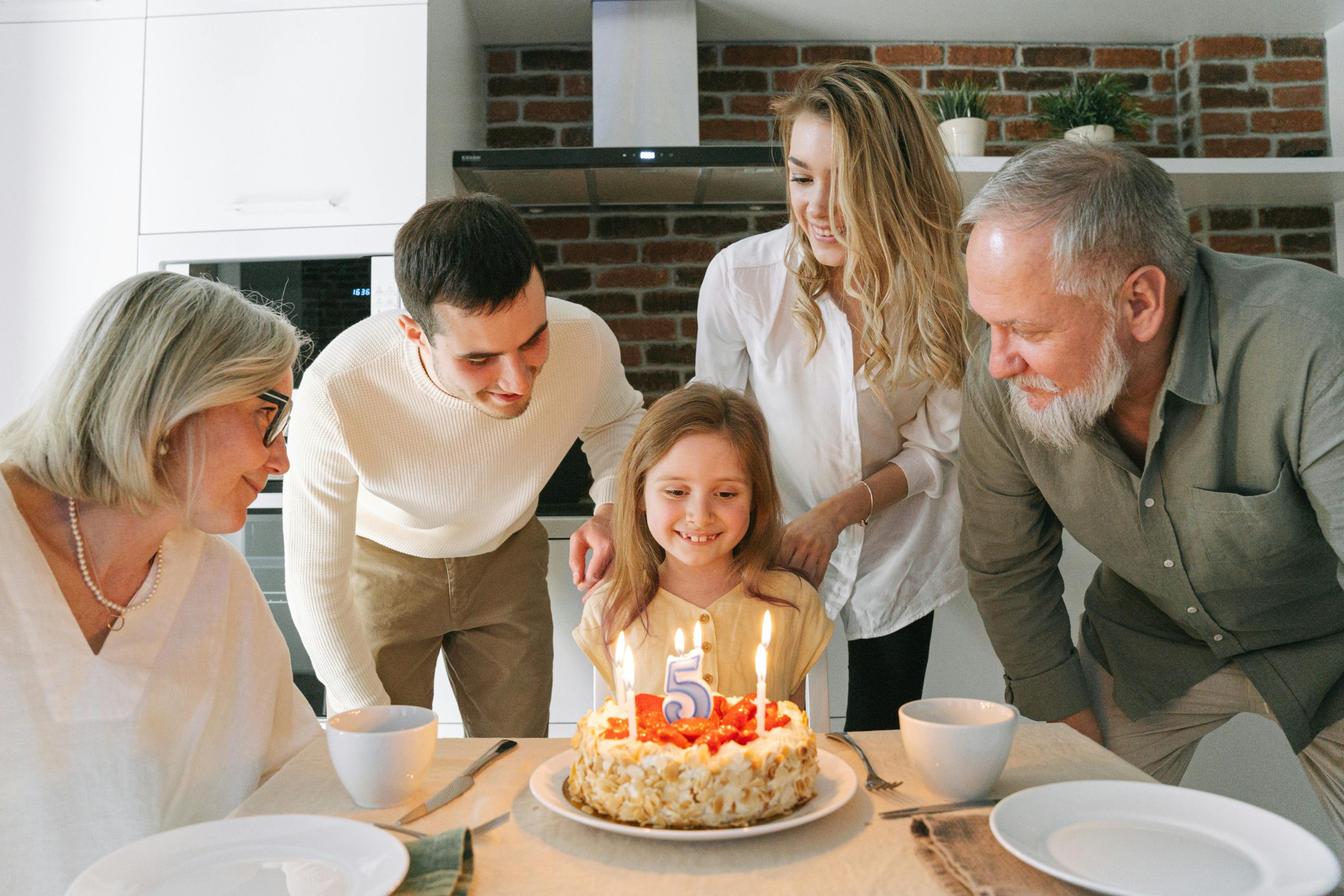Newspapers, social media, and conversations are rife with tragedies that have struck the world this year. It is not easy to cope with the sudden grief that comes with accidents. While the people who are mere witnesses might overcome the grief gradually, people who have lost a loved one in an accident find it hard to cope. They find themselves falling into an abyss of despair and are not able to arise from it, however much they try to. It is hard to recover after losing a loved one suddenly. There are no goodbyes, just unlimited pain of not having said one after the loss.
When death arrives suddenly and without anticipation, such as with a car accident, aeroplane crash, or suicide, the trauma combined with grief overwhelms the person. A sudden death brings a sudden halt to the life of the person who lost the loved one. Unable to recover, they undergo moments of shock, confusion, and often disbelief. It is common for people to get stuck in the sorrow. They are not able to move on. Some even think that moving on would also mean not loving the lost person enough.
Riya (8) and Kiya (6) lost their mother to cancer and their father to an aeroplane crash in just 18 days. The girls are quite young to understand the tragedy that has struck them. They have their family’s support and care. However, the girls would remember their parents and miss them on several occasions in their lives. Sudden illness and accidents might result in trauma in young children. Love, care, and support help them in such times.
Is the grief trauma?
While trauma involves grief, the reverse might not be true in all cases. Not every loss leads to traumatic grief. While some might experience sadness and suffering, others might undergo periods of trauma and grief. Losing a loved one is tough. Some suppress their feeling by avoiding conversations revolving around their loved ones. Others might stuck with the loss and recount the accident again and again. Those suffering from trauma often complain about experiencing physical pain in addition to poor mental health. They find it difficult to sleep. They might even suffer bouts of anxiety and depression.
Symptoms of trauma
- Upsetting Memories
- Feelings of emptiness and void
- Longing and loneliness
- Hearing the voice of the deceased
- Attracted to things associated with the deceased
- Disbelief about the death
- Unfairness of life
How to cope with the trauma?
After a sudden death, loved ones often are not able to accept the loss in its entirety. Experts advise acknowledging and accepting the loss becomes the priority in such incidents. Further, practical things also need to be taken care of. One needs to be strong and take care of things like contacting the people who are close and are a support system. Arranging for the funeral, addressing the financials, and mental health of others affected by the loss comes thereafter.
Accepting the sudden loss of a loved one is quite tough. But it is the first requirement. Grieving comes naturally. However, getting stuck in grief while ignoring health issues and practical matters does not make sense at all. On the other hand, even suppressing the feeling and carrying on with the routine is not practical as well. Mental health experts advise 3Cs to overcome grief – Cry, Connect, and Converse.
Crying
Crying helps heal pent-up emotions and feelings. It is one of the important steps to overcome traumatic grief. It not only helps reduce stress but also eases the physical pain associated with the trauma. Crying has been said to be the best recourse in healing, offering closure on the pain and grief.
Connect
People suffering from grief and trauma often resort to isolation to avoid talking about the loss. As people feel alone and disconnected from others, they want to grieve on their own, without any help or support. However, engaging in shared activities promotes a sense of belonging. Social interaction helps restore normalcy in the life of the bereaved.
Converse
It is not easy to talk about the loss and the pain the person is experiencing after the sudden loss of a loved one. Conversing with people around them or with people who have suffered similar losses helps ease the pain and trauma. Conversations help reclaim a sense of control that the person lost due to grief. Positive talks and empathy speed up the healing process.
Self-care after suffering a loss
Losing a loved one suddenly due to an accident or illness is tough. People often feel sad and isolated. They see self-care as indulgent and avoid it at all costs. However, caring for yourself helps you to recover quickly and also inspires the people around you. Here are some things that you can do:
- Sleep – A good night’s sleep is an antidote to all kinds of mental health issues, including trauma. As grieving is exhausting for the mind, sleeping for a minimum of seven hours, especially at night helps cope.
- Diet – Grieving people often do not feel like eating. Their hunger gives up entirely. However, even if you do not want to eat, having small meals at regular intervals maintains energy levels.
- Water – Grief accompanied by crying dehydrates the grieving person. Drinking plenty of water and fluids helps in keeping the body hydrated. It even sobers the crying person.
- Active – Staying active helps to subside the trauma of losing a loved one. Moderate exercises help calm down the mind and help improve the mood of the grieving person. Gentle exercises like walking and yoga help up the energy levels.
Mindfulness helps heal trauma
Over the years, mindfulness has helped people in several things like increasing focus, reducing sleeplessness, and improving cognitive functions among others. However, mindfulness practices help heal mental health problems like anxiety, stress, and even post-traumatic disorder after losing a loved one.
- Regulating Emotions – People who practice mindfulness and focus on deep breathing during bouts of anxiety are said to recover from traumatic grief at a steady pace. Meditation helps regulate emotions and process the feeling of grief as well.
- Reducing Reactions – It is common for the bereaved to get anxious immediately in response to questions about the accident. In such situations, focusing on the present and answering the questions mindfully helps cope with the trauma.
- Connecting with the Now – The bereaved often live in the past, focusing on things that could have happened and events that could have been avoided. However, staying in the present and focusing on the ‘now’ of life has often helped people heal and get on with their everyday lives at a quicker pace.
Self Affirmations to recover from trauma
Self-affirmations are the best way to heal from traumatic grief after the sudden loss of a loved one. It helps the bereaved challenge the negative thoughts and beliefs that keep interrupting the flow of energy. Self-affirmations if practiced mindfully and daily are believed to help in building self-worth and coping with post-traumatic stress. After a sudden loss, people are often tough on themselves and pity their state of being. However, with self-affirmations, they can create a positive inner voice that is filled with compassion and love. Here are some self-affirmations that the bereaved can repeat regularly. Alternatively, one can also write her own set of self-affirmations that is custom-made based on experiences and requirements.
- I am worthy of love
- I am strong and capable
- I deserve joy
- I am safe and protected
- I handle my emotions
- I am healing
- I am resilient
- I release guilt and shame
- I am open to new opportunities
In a nutshell
Remember, recovering from the trauma of a sudden loss might be difficult but it is not impossible at all. Heal by talking about your feelings to near and dear ones. Build a support group of similar individuals and be there for each other. It is completely okay to seek professional help if you are not able to recover on your own. There is no shame in grieving for a loved one’s loss. Healing might take time but it is not unimaginable. Everyone is here for you, including me! Happy Healing!








Leave a Reply